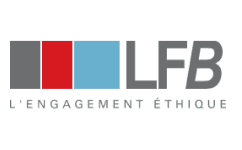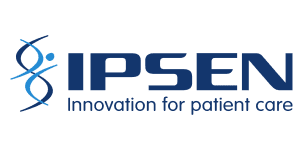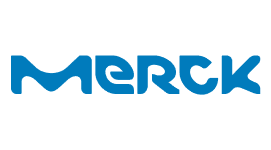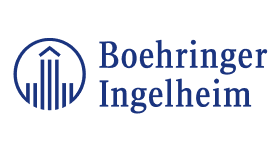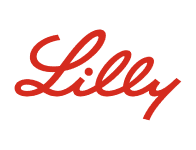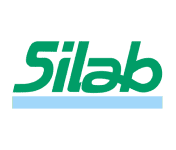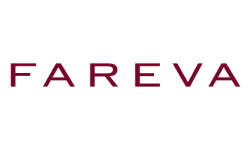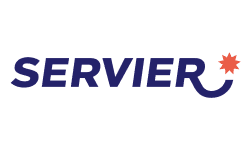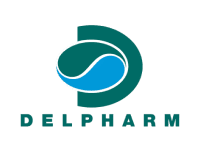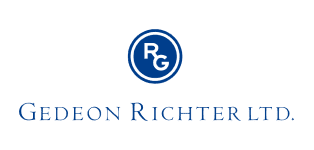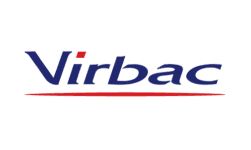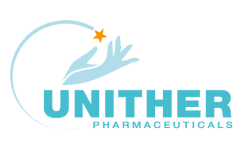Important of Compliance in the Pharmaceutical Industry
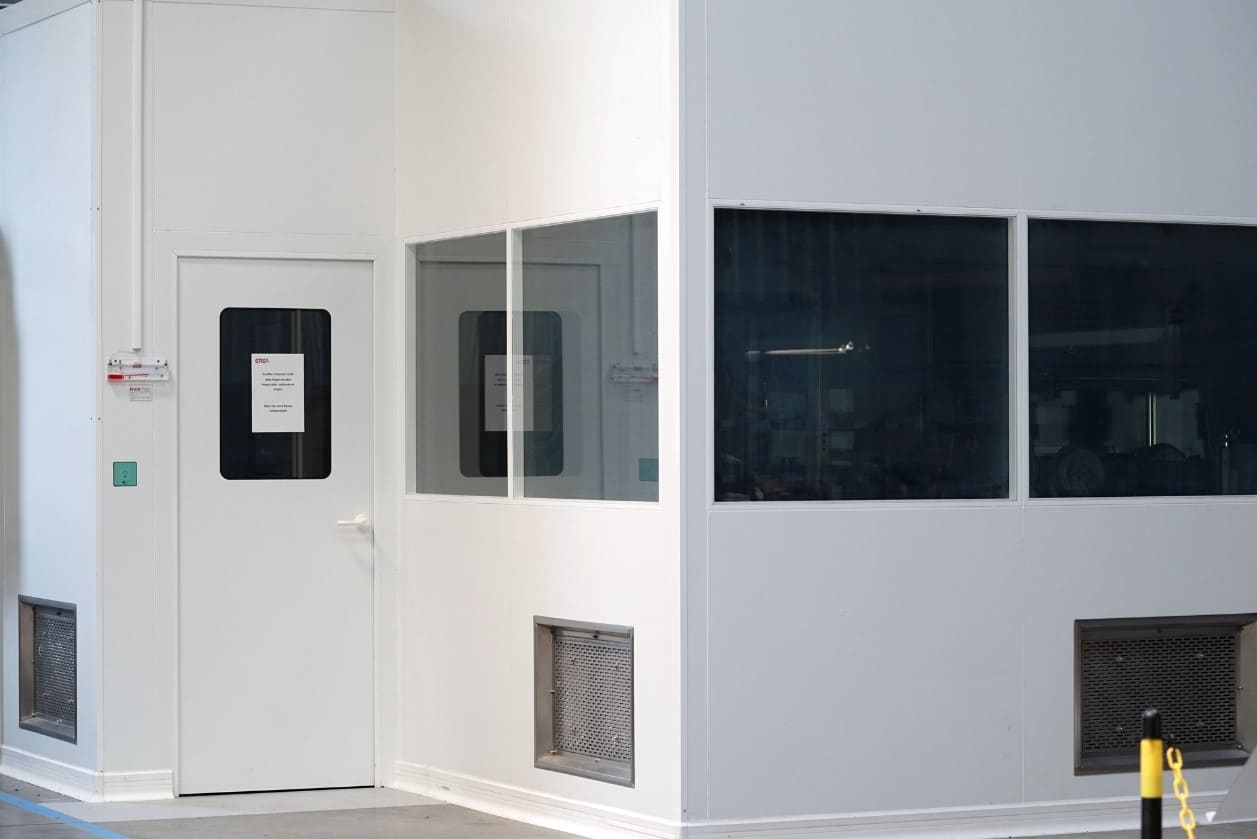
The pharmaceutical industry is one of the most regulated sectors in the world, and for good reason: patient health and safety depend on the quality of the products manufactured. Compliance with standards is therefore a top priority to ensure that medicines and various medical devices are effective, safe and of high quality. To give you a better understanding of this issue, here is an overview of the importance of compliance in the pharmaceutical industry.

Customised Technical Solution

Static and Dynamic Protection

Rapid Installation and Implementation

Easy-to-clean Surface
Would you like an estimate for your project?
Don't hesitate to contact us for a personalised quote.
They Trust Us
The Importance of Compliance in the Pharmaceutical Industry: why is it Essential?
The importance of compliance in the pharmaceutical industry is indisputable, as it serves to protect public health. Every pharmaceutical product must therefore meet rigorous quality, safety and efficacy standards before being placed on the market. These requirements ensure that medicines and various medical devices do not pose any risk to patients and that they act in accordance with their therapeutic purpose.
It should be noted that failure to comply with compliance standards can have serious consequences, such as product recalls, financial and legal penalties, and even damage to the reputation of the company concerned. Worse still, patients may be exposed to unnecessary risks. In addition, the pharmaceutical industry is evolving rapidly. New products and technologies are regularly brought to market. Compliance with standards therefore enables companies to remain competitive and access international markets.
Essential Standards and Regulations for Ensuring Pharmaceutical Compliance
Several standards and regulations guide the pharmaceutical industry to ensure that manufactured products are of the highest quality and safe for consumers. Among the most important of these are Good Manufacturing Practices (GMP). These guidelines cover all aspects of production, including the management of premises, equipment, production processes and personnel.
The guidelines of the European Medicines Agency (EMA) are also part of these standards and regulations. In fact, these agencies impose requirements for the approval of medicines, clinical trials and manufacturing processes. Pharmaceutical companies must therefore undergo regular audits and inspections to prove that they comply with these standards. The importance of compliance in the pharmaceutical industry also extends to quality management systems, including ISO (International Organisation for Standardisation) certifications, notably ISO 9001 and ISO 13485 for medical devices.
The Importance of Compliance in the Pharmaceutical Industry: Risk management and Internal Audits
In the pharmaceutical industry, compliance with current standards cannot be ensured without effective risk management and regular internal audits. These two methods are therefore at the heart of a robust quality system that guarantees patient safety, drug quality and compliance with health authority requirements.
In fact, risk management is based on identifying, assessing and controlling potential hazards throughout a product’s life cycle. It is based primarily on the principles of Quality Risk Management (QRM) described in ICH Q9. By analysing critical processes such as manufacturing, packaging, storage, etc., companies can prioritise risks according to their probability of occurrence and impact, and then define appropriate corrective or preventive measures.
Internal audits complement this approach. Conducted at regular intervals and according to a defined audit plan, they provide an opportunity to assess the effectiveness of the quality system, verify compliance with Good Manufacturing Practices (GMP) and detect any deviations or failures. These audits cover all departments involved in production, including laboratories, maintenance, procurement, document management, etc.
The results of audits and risk assessments must be documented and analysed systematically. They give rise to corrective action plans (CAPA) and continuous monitoring of quality indicators. It should be noted that this process of continuous improvement is essential for anticipating regulatory inspections (EMA, ANSM and FDA) and strengthening the quality culture within teams.
Risk management combined with rigorous internal audits is therefore an essential strategy for ensuring pharmaceutical compliance and preventing significant non-compliance.
EREA Pharma: a Key Player in Ensuring Compliance in Pharmaceutical Production
EREA Pharma is an expert in pharmaceutical production. Our company therefore implements solutions tailored to the industry’s compliance needs. More specifically, we support our customers in integrating production systems that comply with standards, in particular GMP and ISO certifications. One of our company’s strengths is its ability to supply equipment and systems that guarantee contamination-free manufacturing, which is essential for compliance with safety regulations.
Whether for cleanroom equipment or decontamination systems, we are committed to providing solutions that maintain the integrity of pharmaceutical products throughout the production process. We also support our customers through audits, compliance advice and maintenance services to ensure that facilities and processes meet current requirements. Thanks to our expertise, we help to enhance the quality and safety of pharmaceutical products, while facilitating their market launch in compliant conditions.
The importance of compliance in the pharmaceutical industry is not just a matter of regulatory obligation, but a guarantee of quality and safety for patients.
Are you looking for the best solutions to comply with standards and regulations? Contact our team of experts to find out more.
Need a specific configuration? Customised dimensions?
Discover our insulators, tailor-made to meet your requirements.
